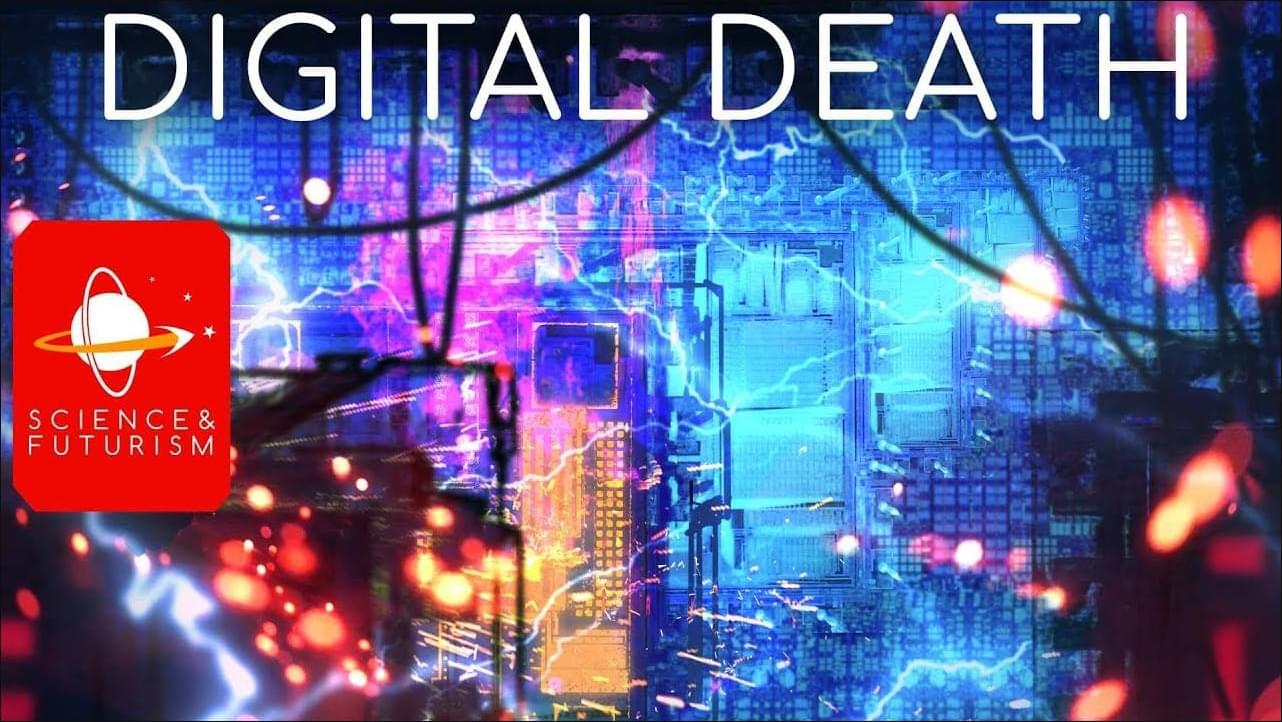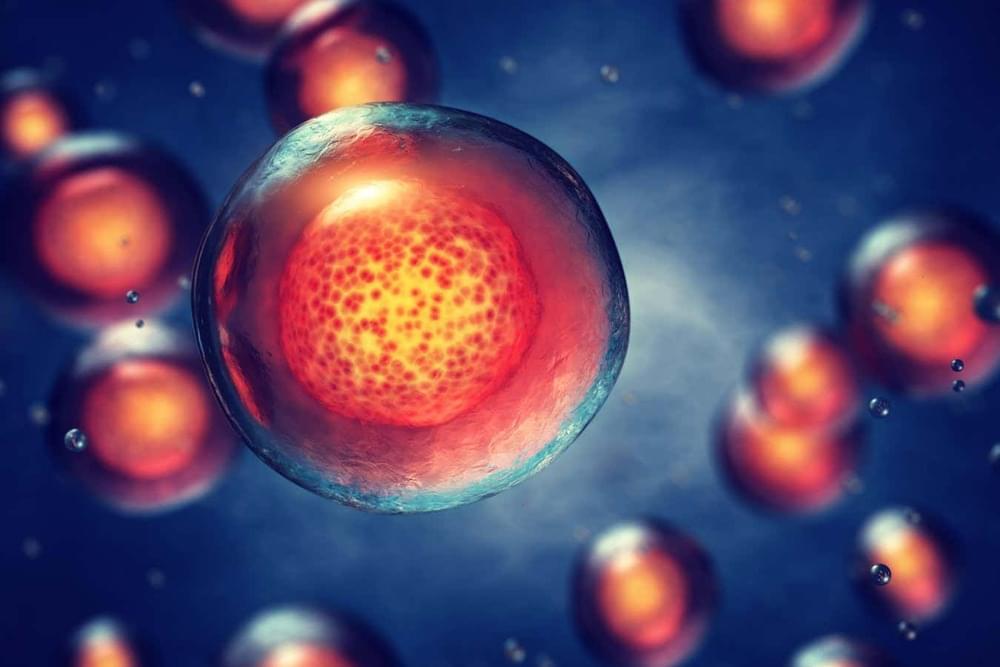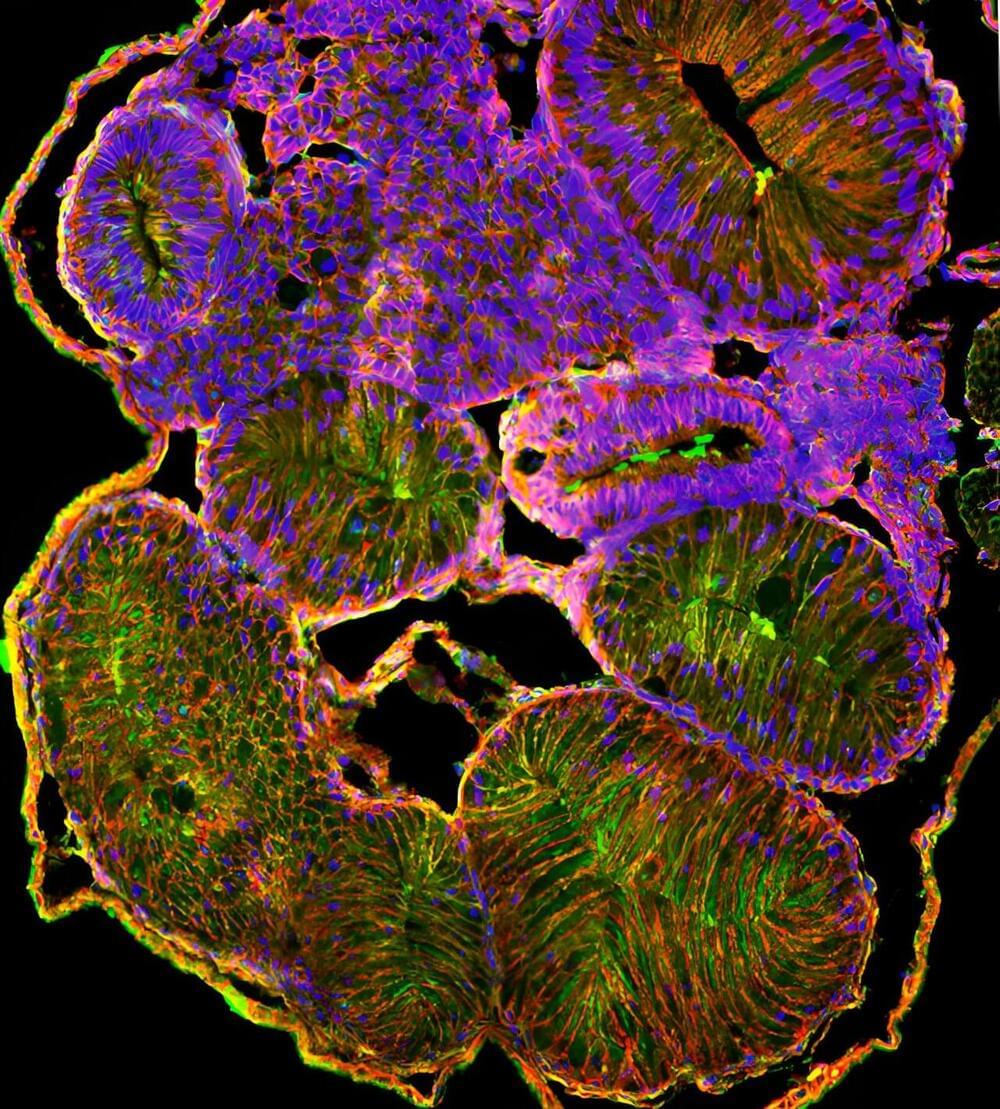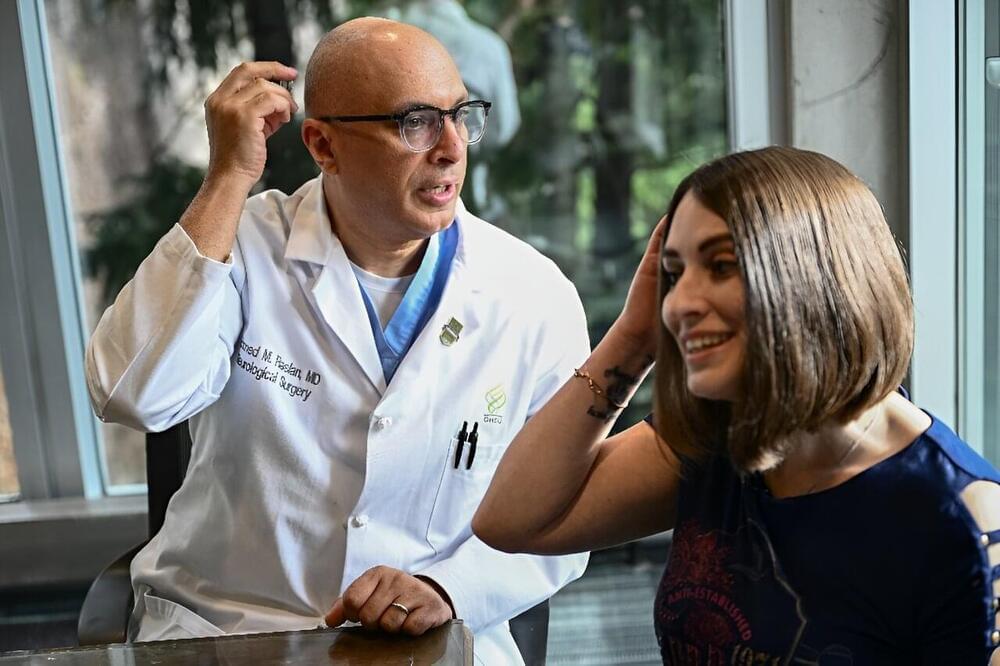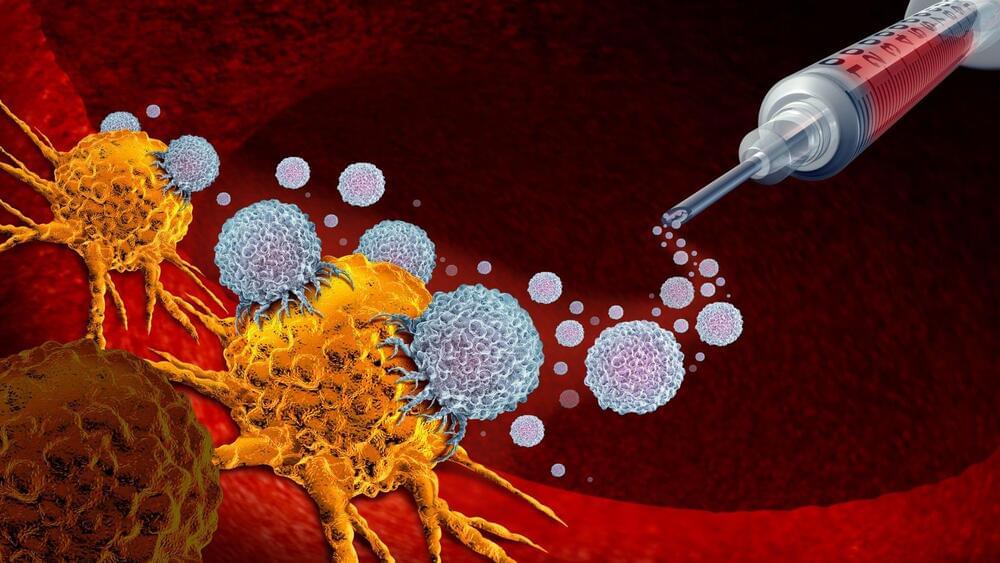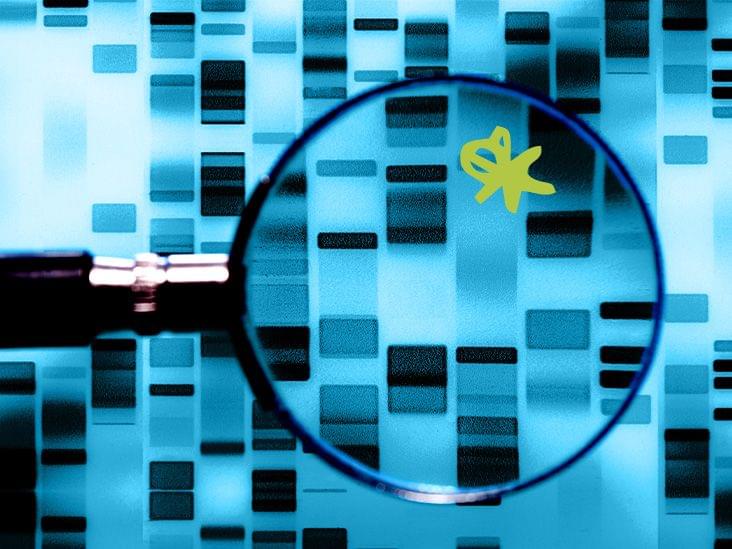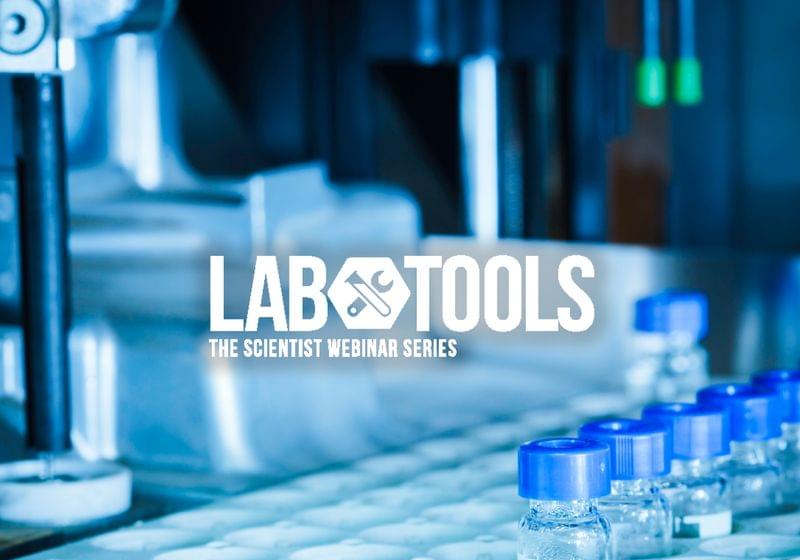Feb 19, 2024
Endovascular thrombectomy found to be beneficial for large ischemic stroke
Posted by Shubham Ghosh Roy in categories: biotech/medical, neuroscience
For patients with acute ischemic stroke and large cores, endovascular thrombectomy (EVT) improves clinical outcomes compared with medical management (MM), according to a study published online Feb. 7 in the Journal of the American Medical Association to coincide with the annual American Stroke Association International Stroke Conference, which was held from Feb. 7 to 9 in Phoenix.
Amrou Sarraj, M.D., from Case Western Reserve University in Cleveland, and colleagues describe the relationship between imaging estimates of irreversibly injured brain and at-risk regions and clinical outcomes and EVT treatment effect in an exploratory analysis of the SELECT2 trial.
Adults with acute ischemic stroke due to occlusion of the internal carotid or middle cerebral artery (M1 segment) and large ischemic core were randomly allocated to EVT versus MM across 31 global centers; the analysis included 336 patients.

